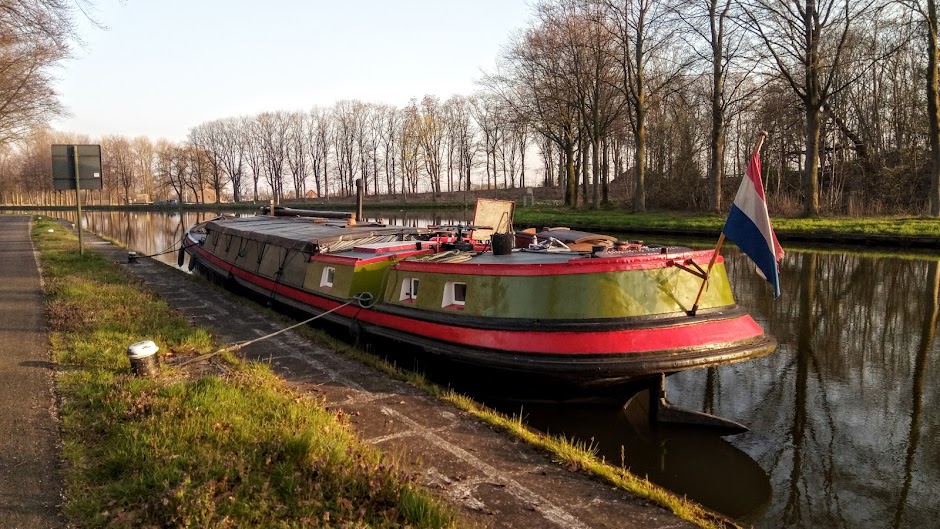On March 25th, I flew out of Amsterdam on my first visit back home to South Africa for nearly six years. According to my passport, the last time I was there was in June 2008. I remember it because it was in winter, but the sunshine is even more enduring at that time of year there and I was staying in Postmasburg, a small town in the southern Kalahari. You can read my blog about it here.
 |
| Moi looking at things at a country market |
This time, I knew I would only be staying in Johannesburg, the city that was my home for more than ten years of my life in South Africa. My purpose in going was not for a holiday as such, but to visit my dearest friend ever, Moira. You can read a bit more about our long-standing friendship on a blog post I wrote about her fiftieth birthday in 2007 (yes, I have been blogging that long!). Without going into details, life's been uphill for my friend in the last two years, so I really wanted to spend some time with her.
It was a wonderful reunion. Moi and I will always just pick up where we have left off, and we spent our time talking, drinking wine, sitting in the sunshine, walking, drinking more wine and catching up as only friends who've been through the mill together can do. It was just wonderful.
 |
| Sitting in the sunshine at an outdoor cafe - there is no indoor part |
 |
| Moira's lovely garden - just four months growth from new |
 |
| Saffron, her lovely and very old Siamese cat |
That
said, the visit also gave me a chance to observe some of the changes that have
taken place in the country since I was last there. Things have changed, and
changed big time. Johannesburg has mushroomed beyond belief. There are suburbs
with large housing estates in places where I used to drive on dirt roads
through open scrubland. My old landmarks have disappeared and it is easy to get
lost in this huge sprawling city. Sadly, most of these housing developments are
more like compounds. They all sit behind high walls topped with electric
fencing. As my friend says, people who have nothing will steal because they
have nothing, but you still have to try and prevent crime.
On that note, there are still huge numbers of
people living in abject poverty in South Africa. However, things are better for many of
them. There are large estates of what are in effect council houses - small low
cost homes built from brick, and all with their own piece of ground. Most of
these come fitted with solar water heaters too - an amazing sight as they are
erected on the rooves of of these houses.
 |
| Solar water heaters - image taken from the net |
The
problem in South Africa is that it has had a tremendous economic boom in recent
years, in some part due to the World Cup. I know, it sounds strange to think that such a boom would be a problem,
but the improvements for the many and the increasing integration of society have attracted vast numbers of immigrants from neighbouring countries such as
Zimbabwe and Mozambique. This has meant that although the suburbs and homes for
South Africans themselves have been substantially upgraded, the dreadful
squatter camps that marked the years of apartheid have not gone. If anything,
they have grown, but now they are populated largely with immigrant families.
This situation created severe tensions a few years ago with riots and xenophobic conflict.
It is still an issue today and the immigrants live and work in awful conditions
as well as fear of reprisals for taking locals' jobs.
Despite this persisting gap between affluent and
poor, it was good to see the increased level of integration throughout
the city and to know that there is at least a minimum wage for those in proper
employment. Conversely, I was shocked by the spiralling prices. Seven years
ago, I sold my last little corner of Africa for a hundred and forty thousand Rand (in those days, this was about fourteen thousand euros). These days, that same house would cost around eight hundred
thousand Rands, or fifty four thousand euros. That's one heck of a leap up in
prices. I only hope there are enough people now earning this kind of money to
be able to afford a mortgage of that amount. At 10% interest, it must stretch
them to the limit.
.
 |
| My last corner of Africa |
